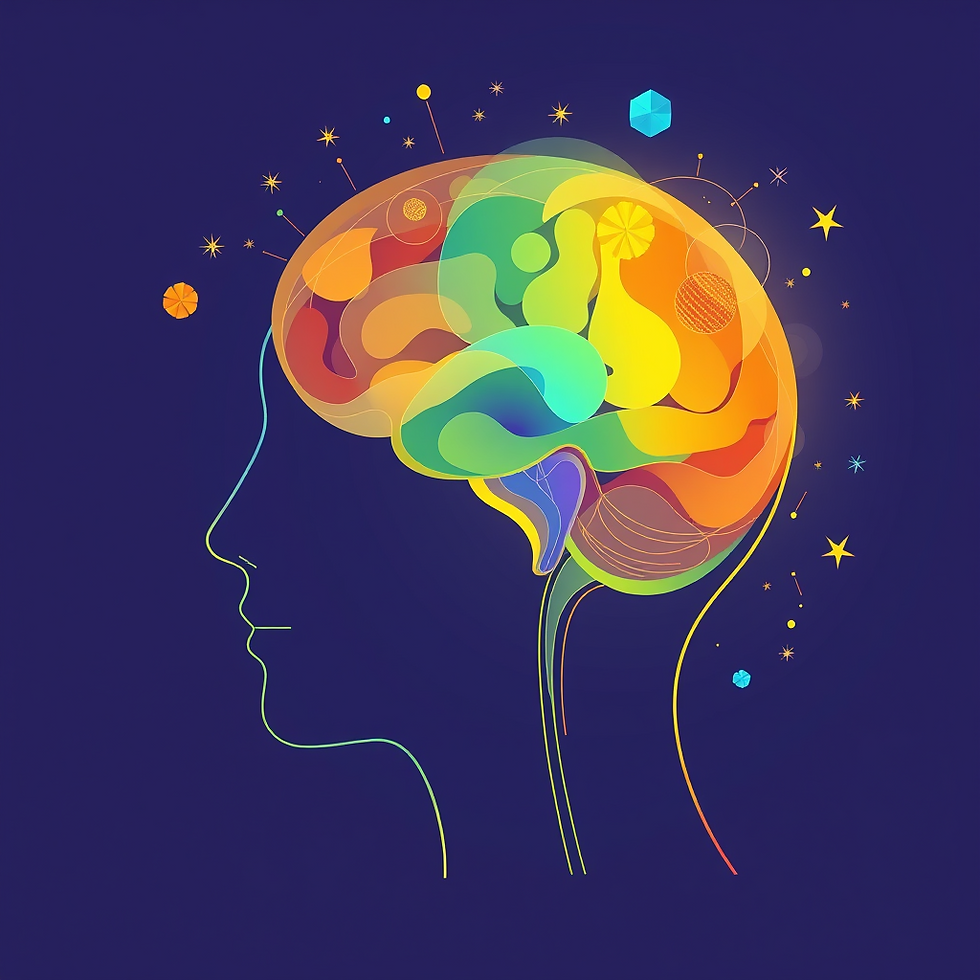Paradigm 🪁 | Recognizing the Subtle Signs of Complex Post-Traumatic Stress Disorder (CPTSD) in Loved Ones
- Kat Usop

- Apr 21, 2024
- 2 min read
Complex Post-Traumatic Stress Disorder (CPTSD) is a psychological disorder that can develop in response to prolonged, repeated experience of interpersonal trauma in a context in which the individual has little or no chance of escape. It can be challenging to identify, especially in our loved ones, as its symptoms can be subtle and easily mistaken for other issues. Here are some signs to look out for:
Emotional Regulation Issues
People with CPTSD may struggle with their emotions. This could manifest as sudden mood swings, unexplained bouts of anger, sadness, or anxiety. They might also have difficulty calming down once upset.
Negative Self-Perception
CPTSD can cause individuals to view themselves in a negative light. They may feel guilt or shame, often blaming themselves for their traumatic experiences. They might also struggle with feelings of worthlessness or a distorted self-image.
Difficulty with Relationships
Those suffering from CPTSD may find it hard to form or maintain relationships. They might have trust issues, fear of abandonment, or a pattern of unstable relationships. They may also struggle with boundaries or have a tendency to get involved in abusive relationships.
Distorted Perceptions of Perpetrators
Individuals with CPTSD may have complex feelings towards those who caused their trauma. They might feel a preoccupation with revenge at times, or at other times, feelings of loyalty or attraction towards their abusers.
Dissociation
Dissociation is a common symptom of CPTSD. It involves feeling disconnected from oneself, having out-of-body experiences, or experiencing changes in memory, sense of reality, or identity.
Somatic Symptoms
Physical symptoms such as unexplained aches and pains, or feeling a sense of unreality about one's body or physical presence in the world, can also be signs of CPTSD.
Recognizing these signs in your loved ones can be the first step towards getting them the help they need. If you suspect a loved one might be suffering from CPTSD, encourage them to seek professional help.
Remember, it's essential to approach the situation with empathy and understanding, as discussing trauma can be incredibly difficult for those experiencing it.



Comments